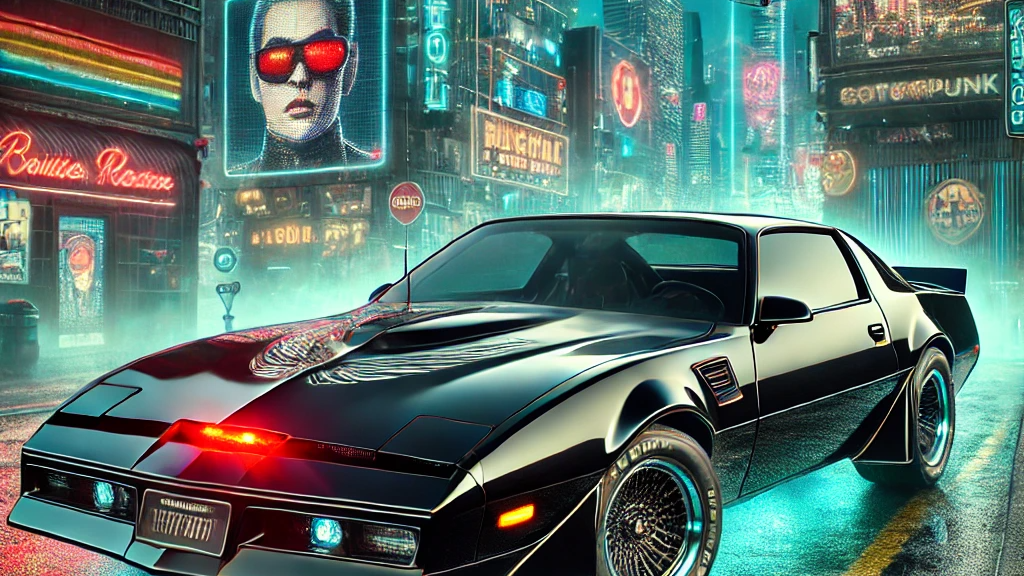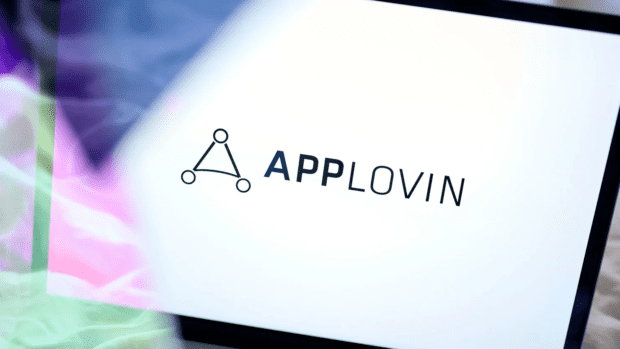
Alternative App Store… for Cars?
Journal 11 Laurent Pawlowski March 20

Since recently, I tried many different cars. Not because I like to switch cars but because during the COVID period, I frequently visited Jeju Island, where renting a car was essential due to the limited public transportation. This gave me the chance to drive a variety of models in Korea from the Hyundai Kona Electric to the Kia EV6, and even the lesser-known Renault SM3 Electric.
Also after a few (unfortunate) accidents where I was always the victim (100%! 😅), I even got to experience higher range models like the Porsche, Range Rover, Benz etc. while my car was being repaired. But despite testing so many different cars, one thing remained constant: I never used the built-in navigation or media system. Most in-car navigation systems were outdated and inconvenient. I also couldn’t access my media except using my phone (who carry a USB stick?), so the best experience for me was at first using my phone and a phone holder. And then when Android Auto improved (because at first it was a disaster), simply mirroring my smartphone.
Recently, I heard that some car manufacturers are considering launching their own in-car app stores. While it may sound a little odd to those familiar with alternative app stores, I started thinking could there be something valuable here?
What’s the Goal? Adding value to the users or Monetizing?
Before even deciding how to build a car app store, it’s critical to answer why it should exist. If the goal is to make money, I would advise likely against it. Very few companies make real profit from app stores, even with millions of users. The automotive industry moves at a different scale. if a model of car sells 500K units in a year, that’s huge. But building a sustainable business model from this? Even though we can scratch our head and find some ways, it will remain highly uncertain and likely to take years.
However, if the goal is to provide real user value, then we might be onto something.
Choosing the Right OS: Android or Something Else?
If a car manufacturer wants an app ecosystem, they need an operating system (OS) to support it. Should they build their own OS, or use Android?
💡 My take: Go with Android.
Building a new OS means:
✔️ Hard to break the chicken and egg circle of need to have users to have (the interest of developers to build) apps, need to have apps to have (enough attracting and retention to) users.
✔️ Convincing developers to create dedicated versions of their apps.
✔️ Upfront costs to pay developers (and/or months of nego) to support this new OS.
✔️ A real risk that critical apps (e.g., Waze, other navi) refuse to participate.
Unless an Android emulation layer is used or the usage of web version (but do they always exist?), manufacturers will be forced to offer a much smaller app selection, making the app store less useful from day one.
What Kind of App Store Makes Sense?
Not all app stores function the same way. Let’s break down the main and relevant types with their quick pros/cons.
🔹 IAP-Based App Store
The most common type (Google Play, Galaxy Store, Huawei AppGallery etc). Developers integrate an in-app purchase (IAP) SDK, meaning all payments go through the app store.
✅ Pros: Clear revenue model.
❌ Cons: Requires convincing developers to integrate SDKs, which is very hard for a niche market like cars.
🔹 Vault-Type App Store
Replicates Google Play by distributing the same app versions. When a user pays, the transaction happens via Google Play’s IAP, not the one from the app store (APK Pure, UpToDown etc.).
✅ Pros: can have all apps at start, no need to source.
❌ Cons: No direct revenue from transactions, so need to find other biz model (mostly on ads).
🔹 Window-Type App Store
Instead of hosting apps on dedicated server, it links directly to Google Play (Samsung Game Launcher etc).
✅ Pros: Cheapest to run.
❌ Cons: More restrictive than vault-type regarding contents (zoning etc.).
🔹 Cloud-Based App Store
Apps run directly from the cloud, requiring no installation on device (Xbox cloud gaming, now.gg etc.).
✅ Pros: Instant access, no local storage limits.
❌ Cons: High server costs, requires constant connectivity.
🔹 Hybrid App Store (Best Fit for Cars?)
A combination of Vault & IAP models (Aptoide, QooApp etc.). Adapting this for cars, it could start with a full selection of apps (Vault model) but gradually integrates exclusive or optimized versions of apps.
💡 Why is this the best choice for a car app store?
✔️ Pre-populated store (not empty at launch) breaking the bad chicken and egg circle
✔️ Allows exclusive versions if BD teams sign partners
✔️ Can integrate partner gradually without the need to rush
Making an App Store Useful in Cars?
So if we just think in the box of App Stores, we can think of:
🔹 Providing all relevant apps for in car usage (about 200) and eventually add others relevant if we want to extand the experience for other passengers (gaming etc.)
🔹 Creating your own service that you will serve in your App Store. For example, an anti-theft service, a locate my car, etc. (it could be dynamically preloaded which could be easier)
🔹 We can think of Killer Apps. Convincing top partner to make a special version of their app using the extra data available in the car etc.
But can we think beyond all of this, out of the box? Could we be solving the In-Car Biggest Problem? Usability of not having the time to spend hours in car setting everything, having to touch a screen while driving and shaking, or repeating 20 times the same command that never start?
🚀 Innovative Solution: AI & Cloud Integration
💡 Imagine this: When you enter the car, an AI voice assistant asks what you need (A GPT-level AI that you can truly have a conversation with, where you can interrupt by voice to correct misunderstandings and steer the discussion in real time). No typing, no browsing, not asking what app you want to use, just tell what you want. Then the adequat Apps instantly launch from the cloud, running right away while downloading in the background to start natively for the next time.
✅ Instant setup: no waiting for downloads.
✅ No need to learn & find the app: the AI finds and launches the best app and the commands compare to your request
✅ Reduces risk, safer experience: No need to touch the screen.
Monetization: Where’s the Business Model?
Even if direct revenue is uncertain, a car app store can still generate income. Here are some ideas:
🔹 App Default Suggestions: AI can use by default certain apps in a category except if a user express a different choice (e.g., Naver Navi instead of Tmap or Kakao Navi).
🔹 Ads: Charging premium placements for certain apps (AI would suggest “btw, did you know that by using expedia, you could be suggested POI next to your location?”
🔹 Data Insights: Valuable user behavior data for connected services.
Like traditional app stores are finding out and implementing, app store won’t rely on IAP revenue alone and even more for App Stores for cars. Instead, it can focus on enhancing the driving experience while monetizing through recommendations & partnerships.
To summary:
A Smart Future for Car App Stores? For me, it could look like this:
✅ Android-based
✅ Hybrid model app store for flexibility.
✅ Cloud-first approach to remove friction.
✅ AI-powered assistant for usability.
✅ Strategic partnerships to enhance the services.
Could that be a better experience than just using a smartphone mirroring service? What do you think?







